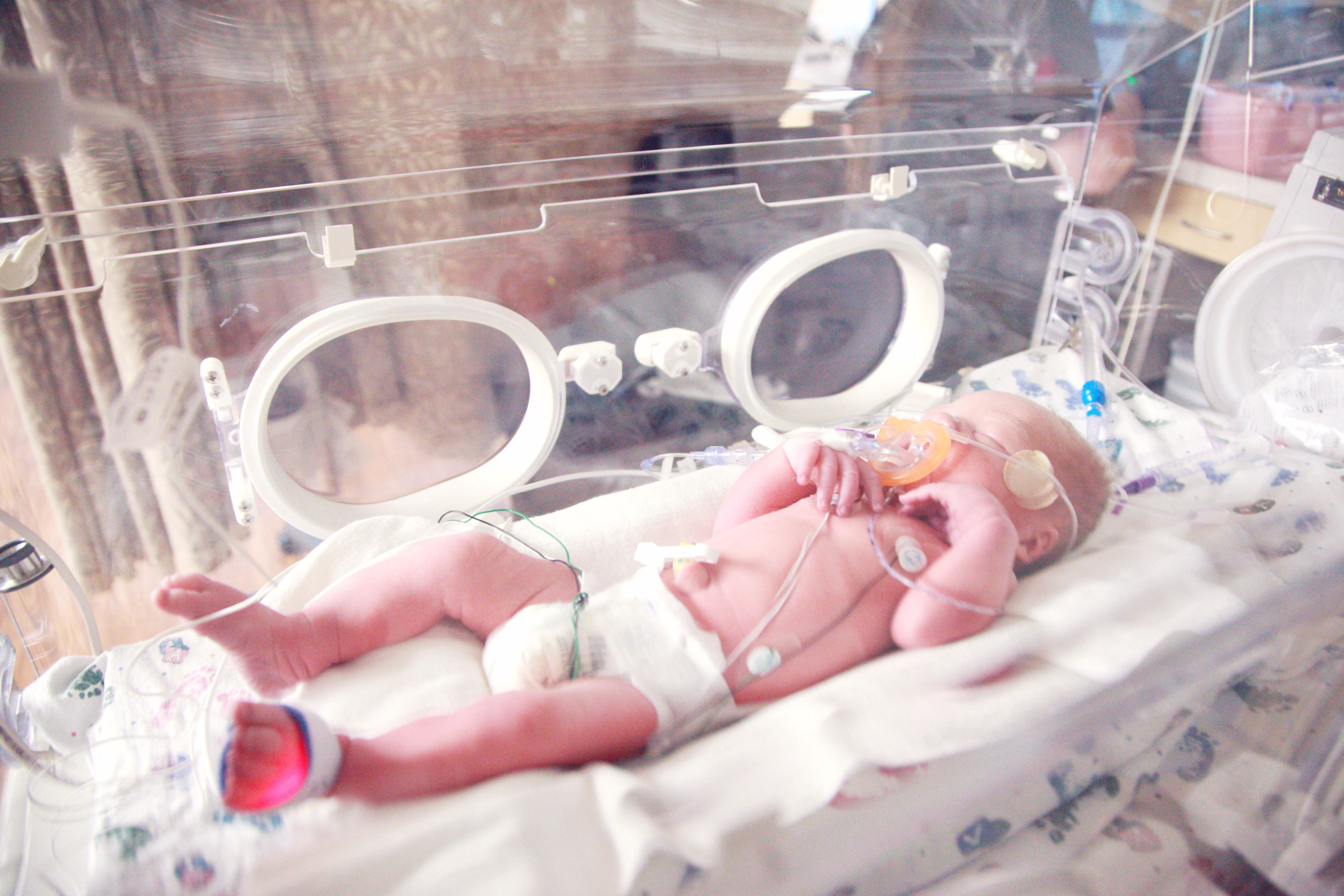News release
From:
COVID-19 not linked to increased preterm births or stillbirths
A new study may alleviate concerns about the impact of the COVID-19 pandemic on pregnancy, as researchers found no increases in preterm births or stillbirths during the first year of the pandemic. The large study of more than 2.4 million births in Ontario is published in CMAJ (Canadian Medical Association Journal).
Infection, inflammation, stress, medical or pregnancy-induced disorders, genetic predisposition, and environmental factors can contribute to stillbirth and preterm birth, although in many instances the cause remains unknown.
Some reports emerged during the pandemic that rates of preterm births dropped in countries such as the Netherlands, Ireland and the United States, while the United Kingdom, Italy, India and others reported increases in stillbirths and some variability in preterm birth rates. Most studies were small, however.
Researchers analyzed Ontario births over an 18-year period and compared trends in the prepandemic period (2002–2019) with the pandemic period (January to December 2020).
"We found no unusual changes in rates of preterm birth or stillbirth during the pandemic, which is reassuring," said Dr. Prakesh Shah, a pediatrician-in-chief at Sinai Health and professor at University of Toronto, Toronto, Ontario.
Pandemic-related measures and compliance with them could affect preterm birth rates in different settings. Thus, the researchers looked at birth outcomes in the public health units where positivity rates for SARS-CoV-2 were higher (Toronto, Peel Region, York Region and Ottawa) as well as comparing urban and rural births and those in neighbourhoods with different average income levels.
"In some areas and in certain people, the restrictions could be beneficial, and in other settings or individuals, restrictions could have the opposite effect," said Dr. Shah.
International studies are now underway to help understand the impact of COVID-19 on pregnancy and childbirth around the globe.



 International
International



